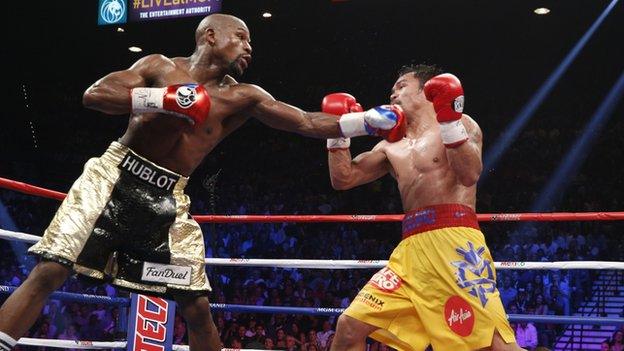Why did Twitter boss Dick Costolo stand down?
- Published
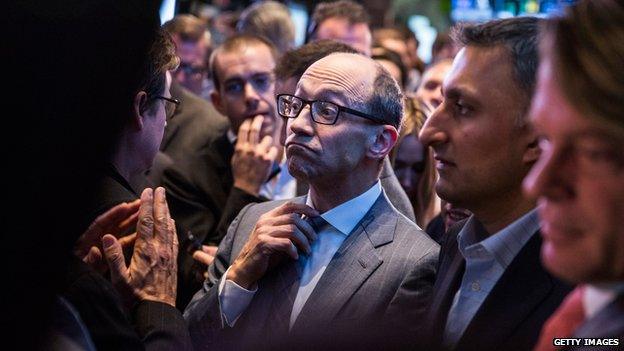
Dick Costolo is stepping down after five years
For a social network that only allows very brief messages, we perhaps shouldn't be surprised that some users had a short attention span.
And it's because of this Dick Costolo is stepping down. The 51-year-old announced he'll no longer be Twitter's chief executive as of next month.
He achieved a lot in his five-year tenure - Twitter, now a public company, has established itself in various countries around the world. It's far more stable than it used to be. And it's still the best place for breaking news online (when it's true, that is).
The problem Costolo couldn't solve was how to attract new users. Or, at least, enough new users to keep growth-hungry Wall Street investors happy.
And of the people that did sign up, analysts say they weren't being given enough reasons to stick around for very long.
Remarkably, some don't even bother tweeting at all - one report last year suggested as many as 44% of Twitter's users had never posted a single message.
Lost confidence
Meanwhile, rivals like Facebook were racing away - growing healthily, and acquiring companies that kept things fresh.
Just today we were given a glimpse at the consumer version of Oculus Rift, a virtual reality headset bought by Facebook for $2bn last year - an investment in the future of how we communicate, and in a different league of ambition when compared to anything in Twitter's plans.
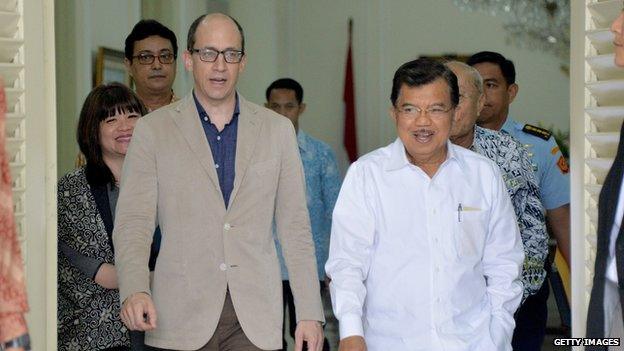
Twitter has made efforts to increase its presence in other parts of the world
Admittedly, Twitter is a much smaller company which is focusing on its core product. But even here it is being outmanoeuvred by the likes of ephemeral image-sharing network Snapchat - a social network that rose to fame as a way to send naughty pictures to loved ones, but has now established itself as a thriving place to communicate - especially among young people.
All this adds up to a worrying outlook for a company that is relying on advertising to provide its revenue. Despite a massive push into offering promoted tweets, it's just not attracting anywhere near the kind of spend it needs to turn its balance sheet around.
According to eMarketer, Facebook commands a 7.93% share of the $145bn worldwide digital advertising market. Google, the runaway leader, has 31.42%.
Twitter: just 0.87%.
Part of the reason is that attention span problem - people just aren't looking at the site often enough.
Twitter used to measure this using its "timeline view" metric, a gauge of how often a user visits Twitter and refreshes their timeline.
It made for miserable reading. Like overall user numbers, the average timeline views were not increasing enough. In its latest earnings report, Twitter didn't even include timeline views at all, saying it wasn't a trustworthy way to judge engagement.
These issues wouldn't be so much a problem if Twitter was seen to be innovating its way out of the hole - but some of its investors had lost confidence in Costolo's steering of the ship.
'I believe in Twitter'
One investor in the company, Chris Sacca, was concerned enough to outline his worries in an open letter, posted earlier this month, external, and running to a mighty 8,500 words.
"I believe in Twitter," he began.
"I am very bullish on Twitter's future and I can't imagine life without it."
But he went on to outline several issues he said needed to be solved:
"New user growth has stalled.
"Almost one billion users have tried Twitter and not stuck around.
"Direct response advertising has fallen short of hopes.
"Wall Street's confidence in the management team has diminished.
"Twitter has been unable to convince investors of its potential upside."
The second one on that list is perhaps the most intriguing. What is it about Twitter, you may wonder, that is making people go as far as joining… but not using?
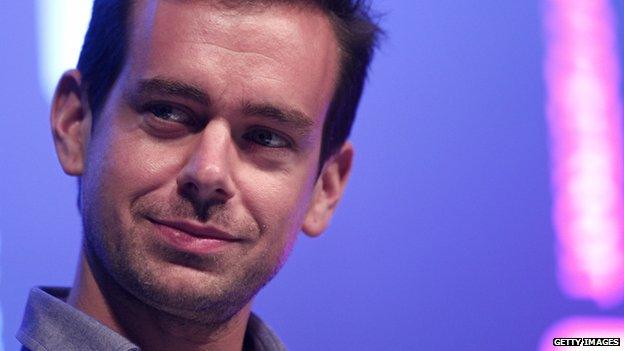
Jack Dorsey is now back at the top of the company he founded, albeit temporarily
For those who have been on Twitter for years, the drip-drip of new features and users has been manageable, enjoyable even. But for a newcomer, it is perhaps an overwhelming, confusing place full of journalists shouting "BREAKING!!!" whenever someone so much as sneezes.
And after a year of headlines about trolling and bullying - not to mention the regular Twitterstorms that ignite the community in fury over issues most people will forget in a day - Twitter may not seem like an altogether fun place to be.
Or perhaps there's a more basic worry, writes Chris Sacca.
"Feeling obligated to post to Twitter creates so much anxiety that it actually keeps hundreds of millions of people from sticking around. The company hears it all the time, and I have no doubt that you have heard it from friends as well."
A committee has been set-up by Twitter, led by interim chief executive and founder Jack Dorsey, to work out who should take over long term.
Their biggest task was eloquently outlined (in a tweet, naturally, external) by Ray Sultan, who works for Buzzfeed.
"Requirement for next CEO: find a way to explain Twitter to actual human beings."
- Published11 June 2015
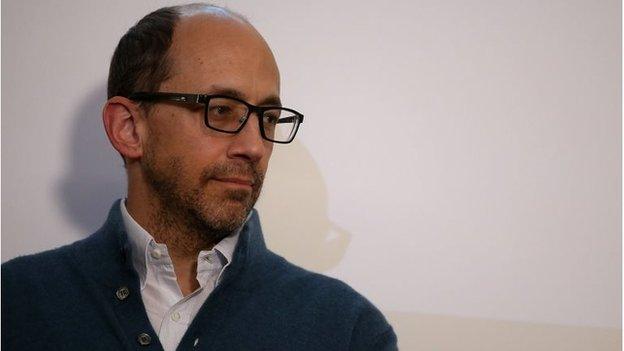
- Published5 February 2015
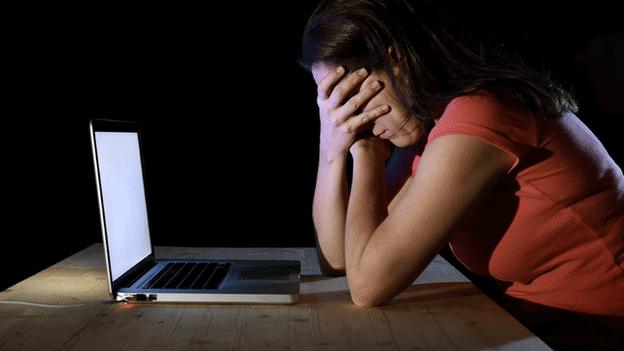
- Published28 April 2015
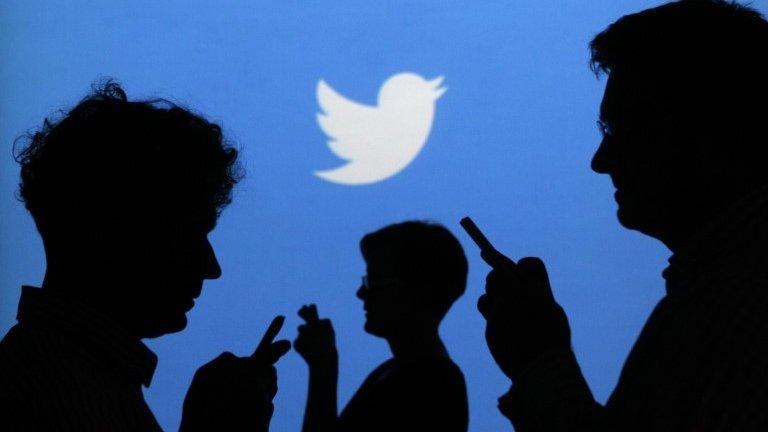
- Published4 May 2015
